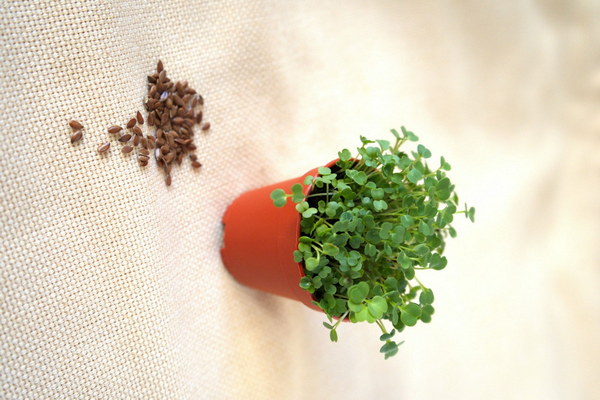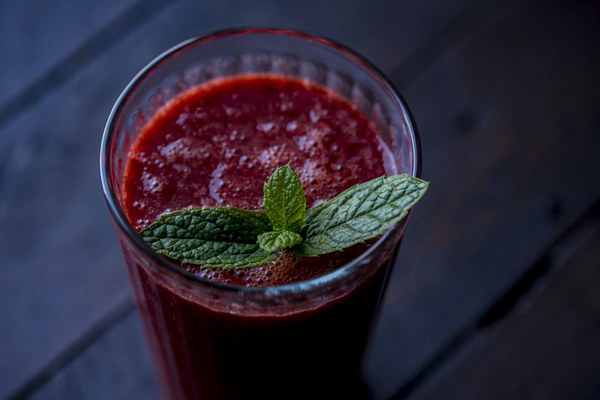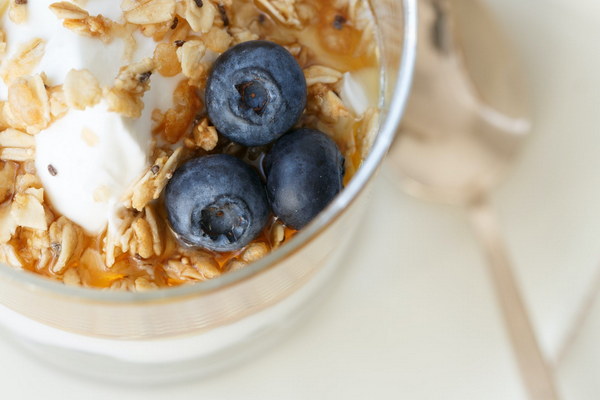Natural Remedies for Dampness and Wind-Cold A Comprehensive Guide
Introduction:
Dampness and wind-cold are common health issues that affect many individuals, especially during the cold and wet seasons. These conditions can lead to various discomforts, such as body aches, joint pain, and fatigue. In this article, we will explore natural remedies that can help alleviate dampness and wind-cold, providing relief and promoting overall well-being.
1. Dietary Adjustments:
A balanced diet is essential for maintaining good health and combating dampness and wind-cold. Here are some dietary tips:
a. Include foods that are warm and dry in nature, such as ginger, garlic, and onions. These foods can help expel dampness from the body.
b. Avoid cold, raw, and damp foods, such as cold drinks, ice cream, and uncooked vegetables. These foods can exacerbate dampness and wind-cold symptoms.
c. Incorporate foods that are rich in antioxidants, such as berries, nuts, and green leafy vegetables, to boost the immune system and fight off infections.
2. Herbs and Spices:
Herbs and spices have been used for centuries to treat various ailments, including dampness and wind-cold. Here are some commonly used ones:
a. Ginger: Known for its warming properties, ginger can help expel dampness and relieve joint pain. It can be consumed as a tea or added to meals.
b. Turmeric: This spice contains curcumin, a compound that has anti-inflammatory properties. It can be added to curries, soups, and smoothies.
c. Cinnamon: Cinnamon has warming properties and can help alleviate dampness. It can be sprinkled on porridge, oatmeal, or used in baking.
3. Acupuncture and TCM:
Traditional Chinese Medicine (TCM) offers various treatments for dampness and wind-cold, including acupuncture and herbal remedies. Acupuncture can help balance the body's energy and promote the expulsion of dampness. TCM herbal formulas can be prescribed to address specific symptoms and root causes of dampness and wind-cold.
4. Exercise:

Regular exercise can help boost the immune system and improve circulation, making it easier for the body to expel dampness. Engaging in activities such as walking, yoga, or tai chi can help alleviate symptoms and prevent the recurrence of dampness and wind-cold.
5. Lifestyle Changes:
Making certain lifestyle changes can also help alleviate dampness and wind-cold:
a. Avoid staying in damp and cold environments as much as possible.
b. Keep the living space well-ventilated and dry.
c. Wear appropriate clothing when outdoors, especially during cold and wet seasons.
d. Practice good hygiene to prevent infections.
Conclusion:
Dampness and wind-cold are common health issues that can be alleviated through natural remedies and lifestyle changes. By incorporating dietary adjustments, using herbs and spices, seeking TCM treatments, exercising regularly, and making lifestyle changes, individuals can find relief from the discomforts associated with these conditions. Remember to consult with a healthcare professional before starting any new treatment or making significant changes to your lifestyle.









